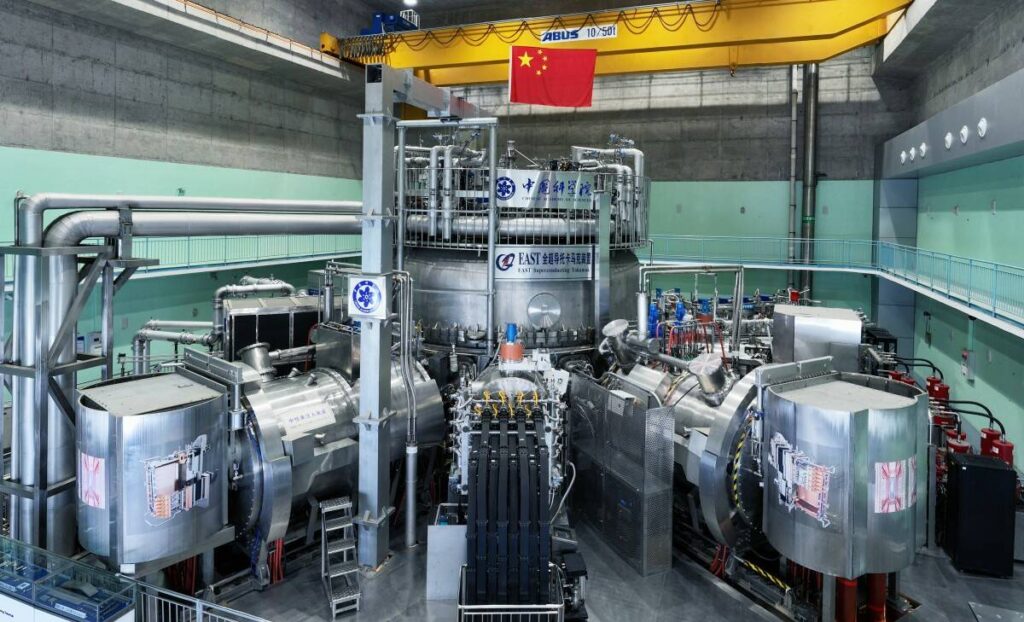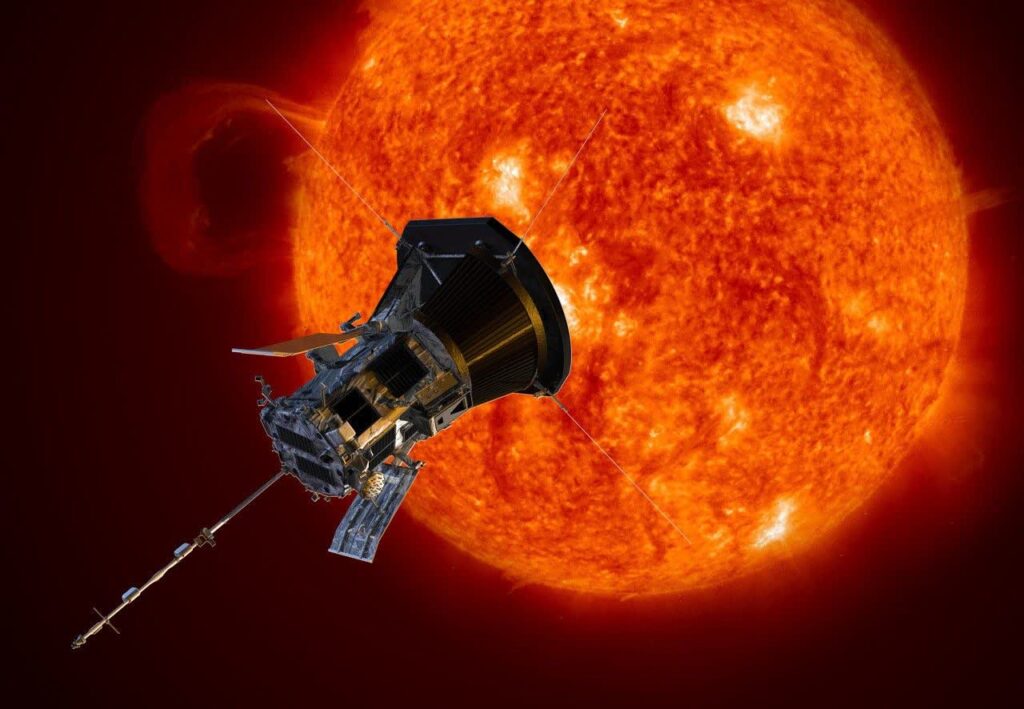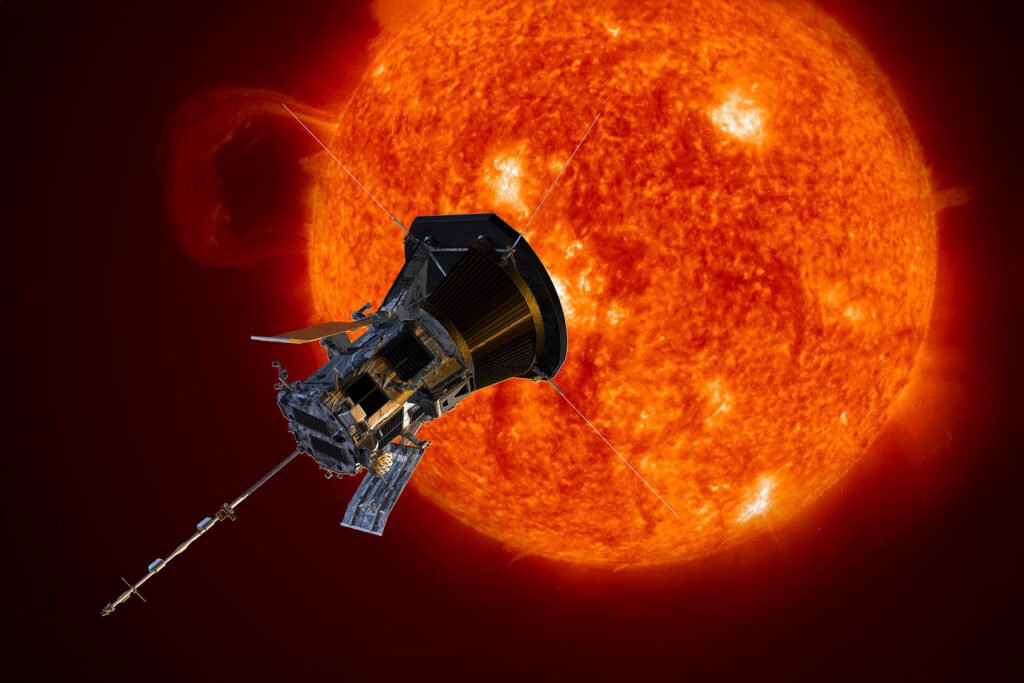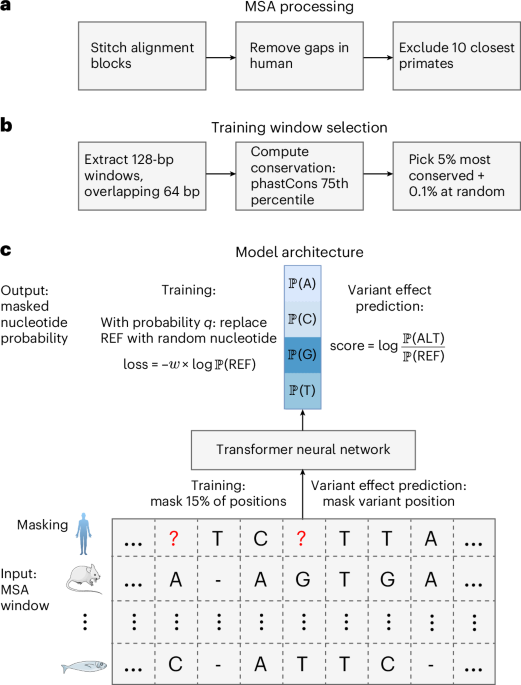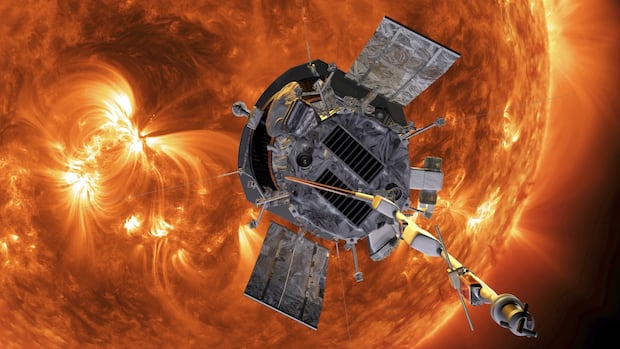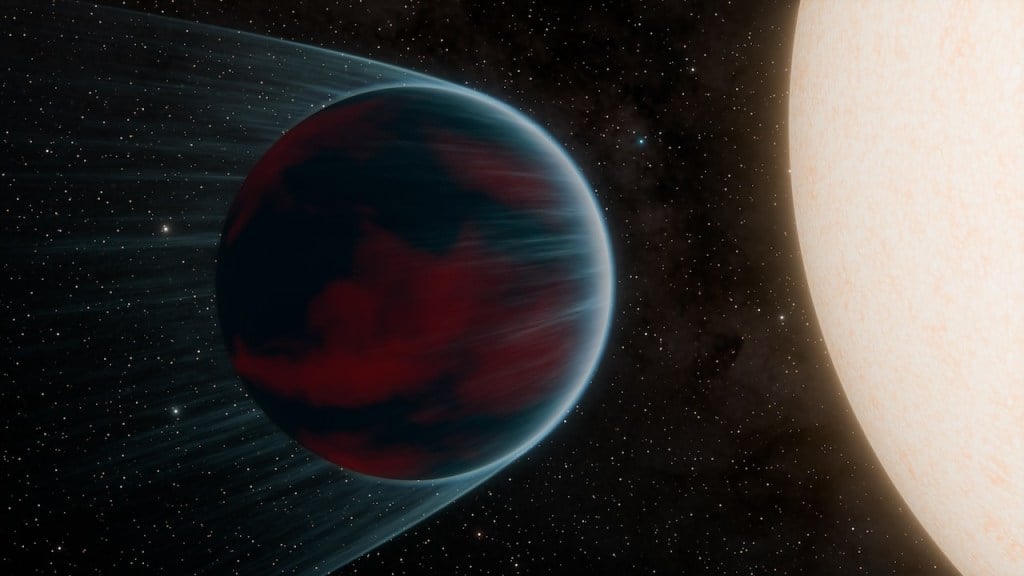Ramon.Space creates UK space computing engineering hub

Technology tamfitronics

TAMPA, Fla. — Ramon.Space is setting up an engineering hub in the United Kingdom to help grow its space computing technology business globally, the California-based company announced July 16.
Avi Shabtai, Ramon.Space’s CEO, said the newly created British subsidiary will focus on developing hardware and software for its radiation-resilient processors.
“We currently have an immediate opening for 10 engineering positions in the UK and we foresee large growth going forward into 2025,” Shabtai told SpaceNews via email.
He said the company, which has around 80 employees across the United States and Israel, also aims to use the U.K. as a springboard for more sales in the country and Europe.
Ramon.Space’s technology has been used in multiple deep space and satellite missions since 2014, including Japan’s Hayabusa2 asteroid sample mission and Europe’s JUICE (Jupiter Icy Moons Explorer).
“We’re currently working with space agencies, government and commercial providers globally and generating revenues,” Shabtai added, including missions supporting observation and communications constellations in Earth’s orbit that he did not name.
Ramon.Space’s international expansion comes after the company raised $26 million last year from investors, including a United Arab Emirates sovereign wealth fund and Ingrasys, a subsidiary of Taiwanese electronics manufacturing giant Foxconn.
Shabtai said Ramon.Space had also raised $17.5 million in a Series A funding round in 2021 to expand its business.
“We plan on leveraging our presence in the UK to look into various UK investors for future funding rounds,” he said.
Ramon.Space’s British subsidiary is located at the Surrey Research Park in Guildford, England, which is operated by The University of Surrey.
Advances in artificial intelligence and other data-intensive technologies are increasing demand for more powerful onboard processing and storage capabilities.
An uptick in lunar missions is also driving demand in this market and has attracted other space computing technology providers such as Phison Electronics of Taiwan.
Jason Rainbow writes about satellite telecom, space finance and commercial markets for SpaceNews. He has spent more than a decade covering the global space industry as a business journalist. Previously, he was Group Editor-in-Chief for Finance Information…More by Jason Rainbow



 Hot Deals
Hot Deals Shopfinish
Shopfinish Shop
Shop Appliances
Appliances Babies & Kids
Babies & Kids Best Selling
Best Selling Books
Books Consumer Electronics
Consumer Electronics Furniture
Furniture Home & Kitchen
Home & Kitchen Jewelry
Jewelry Luxury & Beauty
Luxury & Beauty Shoes
Shoes Training & Certifications
Training & Certifications Wears & Clothings
Wears & Clothings






